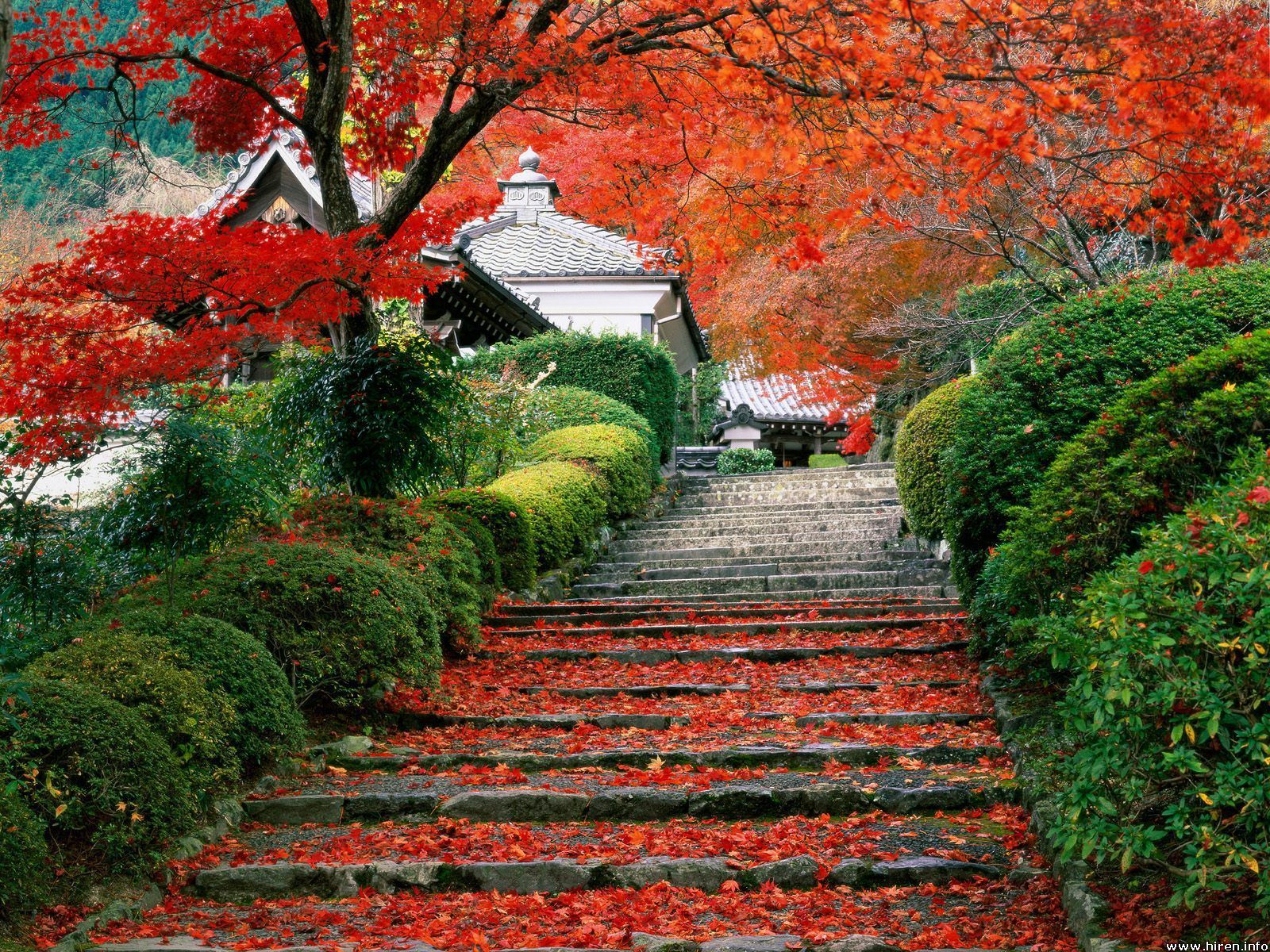Japanese Vertical Relationship
“tate shakai” literally means vertical society. It is one of the unique characteristics of Japanese society.
Historically social hierarchy was firmly established in Japan. They were categorized into four major classes: The Samurai, The Peasants, The Artisans and The Merchants. Even though there are no social classes (other than the rich and the poor, of course) in today’s Japan, Japanese society is very different from horizontal societies, such as the United States. I do not have enough knowledge to elaborate how the feudalism has led to today’s Japanese social hierarchy. Although social classes were officially banned many years ago, the mentalities associated with the feudal system are still seen in today’s Japan.
Japanese people determine how to best interact with each other by first screening the social ranking. It’s not all about the financial success, but from what I understand as a Japanese person growing up there, age is the most important factor in determining how to relate to the other person. There are words, “Senpai” (seniors) and “Kohai” (Subordinates). Senpai typically refers to older people in the club you belong to in school and work etc. Senpai doesn’t always mean that one is older than you, but she might have been in the company longer than you. But I remember that my middle school teachers were really picky about it, and that was part of the curriculum back then. We called those who were one year older than us “Senpai”! We had to talk in polite Japanese and we were only 13 years old. So this concept is deeply ingrained in our thinking via education and parenting. This seniority might not be the residue of the Japanese feudalism, but traditionally age has been the determining factor as to how to best associate with each other.
After graduating from college, I moved back to Japan for a year or so. I temped at this one company, and on the first day, some colleagues asked me how old I was before even asking my name. Although I understood Japanese culture very well since I am from Japan! But I was slightly uncomfortable because for the past five years, I was attending college in California and nobody really cared about my age. After a month or so, similar things happened and I quickly got used to it! Colleagues were asking my age to first determine if they needed to talk to me politely. It is always good to talk in a polite manner, but Japanese language has special verbs and nouns indicating the politeness.
“Senpai” and “Kohai” were used mainly in school and work, but this mentality has been seen in many other areas of Japanese society.
This is not necessarily a good thing or bad thing. I usually prefer not to categorize things into black and white. I think most things have both good and bad sides. but this mentality can add a little tensions to social relations while it positively reinforces us to respect the older.So I thought this was an interesting topic for me to share. This is probably one of the most fundamental differences between Japanese and American culture.





